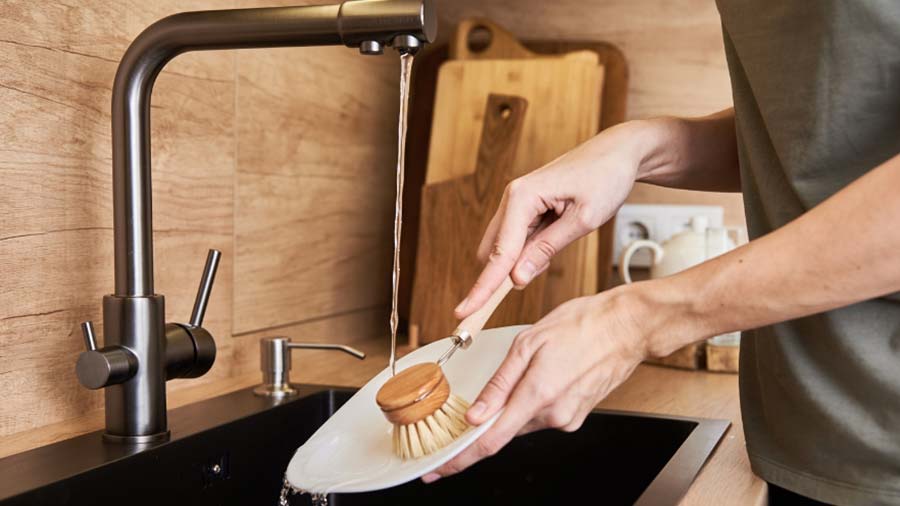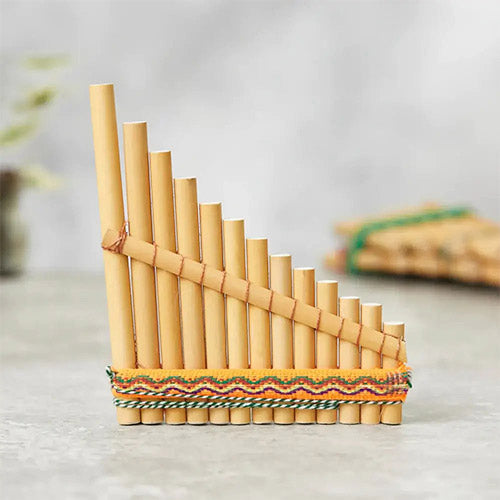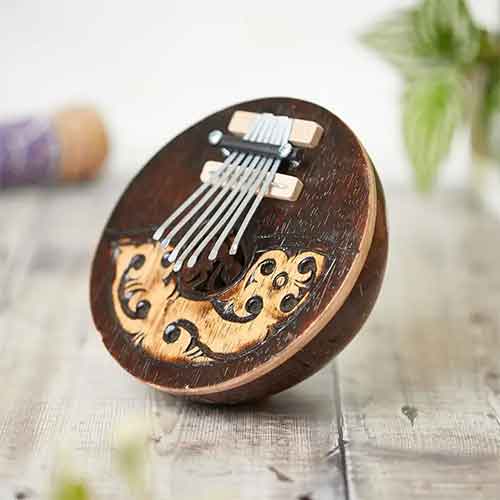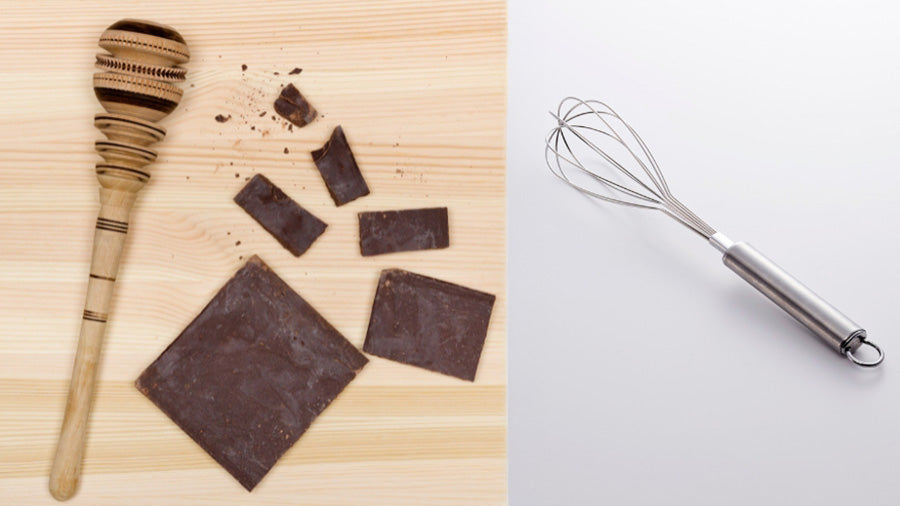In recent years, more and more people are looking to adopt more sustainable lifestyles and reduce their environmental impact. One way to do this is to switch to eco-friendly ways of cleaning your dishes. So in this article you are going to discover 10 sustainable ways to clean your dishes.
1. Use a vegetable-based detergent

Natural soaps, such as those made from coconut or olive oil, are a great alternative to harsh chemical detergents. Using natural detergents can have a range of benefits for both the environment and your health. Firstly, the most obvious benefit of using natural detergents is that they are usually free from harmful chemicals and artificial ingredients, meaning that they are less likely to cause skin irritation or respiratory problems. Natural detergents also contain natural ingredients which can be gentler on skin and fabrics, meaning your clothes and dishes will stay in better condition for longer. Additionally, natural detergents are biodegradable and do not release any harmful chemicals into the environment, which can help reduce the environmental impact of washing up
2. Don’t forget to rinse the dishes
Rinsing your dishes with cold water before you put them in the sink is a great way to avoid food waste. Rinsing dishes before washing them helps to remove larger bits of food, dirt, and grime. This makes it easier to clean the dishes thoroughly with soap and water. Rinsing also helps to reduce bacteria on plates and utensils. The fewer bacteria present on the dishes, the less chance of food-borne illnesses. Other benefits of rinsing dishes before washing them include saving time and water as most of the dirt and debris can be removed in one go
3. Utilize eco-friendly cleaning cloths
Eco-friendly cleaning cloths are becoming increasingly popular as people become more conscious of their impact on the environment. Such cloths are typically made of recycled or sustainable materials, such as bamboo, organic cotton, or polyester derived from recycled plastic bottles. Cotton cleaning cloths are more sustainable than disposable paper towels.
Sustainable cleaning cloths offer a number of benefits over traditional cloths. They are often more durable, as they are made of stronger materials, and can handle more wear and tear. They are also better for sensitive skin, as they are made from natural materials that are gentle and soothing. In addition, they are often more affordable and easier to find than traditional cloths. Finally, using eco-friendly cleaning cloths can help reduce your carbon footprint, as you will be using less plastic and fewer harmful chemicals.
4. Use an air-dry rack
An air-dry rack is a great way to cut down on energy and water costs associated with washing dishes. It also greatly reduces the amount of paper towels you need, which can help reduce your carbon footprint. Air-dry racks are also great for preserving the life of dishes and keeping them in top condition since drying them naturally with air is gentler on them than drying them with a towel. Some air-dry racks are a great way to save counter space since they can be hung up or folded away when not in use
5. Reuse glass jars

Reusing glass jars is an excellent way to reduce waste and help the environment. Reusable glass jars are durable, recyclable, and can be used for multiple purposes. They can be used for food storage, craft projects, to store personal items, and even to store plants. Reusable glass jars are more reliable than disposable plastic containers, as they are not prone to leaking or cracking. Additionally, they are eco-friendly and can be washed and reused multiple times, thereby reducing the need to buy new packaging materials. Reusable glass jars are also very cost-effective compared to plastic containers. Instead of throwing out glass jars, use them to store leftovers in the fridge or leftover ingredients.
6. Clean dishes with baking soda
Baking soda is a natural cleaning alternative that is great for removing grease and grime. Baking powder is an effective, natural way to clean dishes. You can mix baking powder and warm water and use it to scrub off baked-on food and grease. Baking powder is slightly abrasive and will not scratch your dishes. For tougher stains, you can sprinkle baking powder directly on the dish and let it sit for a few minutes before scrubbing
7. Wash dishes with vinegar
Washing dishes with vinegar is a great way to clean dishes naturally and effectively. Vinegar is a natural disinfectant, so it kills germs and bacteria on the surfaces of your dishes while also cutting through grease and dirt. It is also a cost-effective cleaning solution, so it will save you money compared to buying expensive cleaning products. Additionally, vinegar is non-toxic and environmentally friendly, so it won't harm you or the environment
8. Keep your sink clean
A clean sink is essential for efficient dishwashing and will save a lot of water and time in comparison to a dirty sink. Keeping your sink clean is important for both hygienic and safety reasons. A clean sink is less likely to contain bacteria and germs, which can cause illness or spread disease. It also reduces the risk of slips and falls due to wet or soapy surfaces. Cleaning the sink also eliminates mineral buildup, which can reduce its lifespan and cause water flow problems
9. Use a short cycle on the dishwasher
Washing dishes in short cycles is better for the environment, in fact a short cycle in the dishwasher is a great choice for busy households. It takes less time, is more energy efficient, and can help you save money on your utility bills. The short cycle also uses less water than the normal cycle, allowing you to conserve precious resources. Additionally, some dishwashers are equipped with special settings that are designed to clean lighter-soiled dishes quickly and efficiently, which can be a huge time-saver. By using a short cycle, you can keep your dishes clean and ensure that your kitchen remains hygienic
10. Use a natural sponge or fibre brush

Natural sponges and coconut coir fibre brushes are environmentally friendly and are just as effective at cleaning dishes. Instead of using plastic sponges, scourers, and other materials that don’t biodegrade, you should consider using coconut coir fibre brushes. Plastic sponges and scourers are very popular for cleaning dishes, but they’re not eco-friendly. They don’t biodegrade, so they can last for hundreds of years in landfills. They can also break down into tiny pieces and end up in the ocean, where they can harm marine life. In contrast, coconut coir fibre brushes are biodegradable and won’t have the same negative effects on the environment.
Coconut coir fibre is a natural renewable material that can be used to make brushes for washing dishes. It’s biodegradable, so it won’t harm the environment. Plus, it’s tougher than plastic, yet it’s soft enough to not scratch your dishes. You can find coconut coir fibre washing up brushes and bottle brushes in most eco-friendly stores or online. Coconut coir fibre brushes are easy to use and effective at cleaning dishes. All you need to do is wet the brush and use it like you would a plastic scourer. It won’t scratch the surface of your dishes, and it will be gentle enough to remove food particles. After you’re done, you can just throw the brush away, and it will biodegrade over time. Coconut coir fibre brushes are a great way to make your dishwashing routine more eco-friendly.
Where to buy coconut coir brushes?
There are many types of coconut coir brushes for washing up and they come in all shapes and sizes, meaning there's a perfect brush for every job. Our coconut fibre bottle brushes are excellent for deep-cleaning tall bottles, blender jugs, jars, and more. As the bristles are tough they are not suitable for delicate surfaces such as easily-scratched dishes or non-stick saucepans. For these items you would be better off opting for a softer option that won't damage the finish. Our large washing up brushes are perfect for scouring pans and other kitchenware. If you’re looking for a way to reduce your environmental impact, consider making the switch from plastic to coconut coir fibre brushes.












